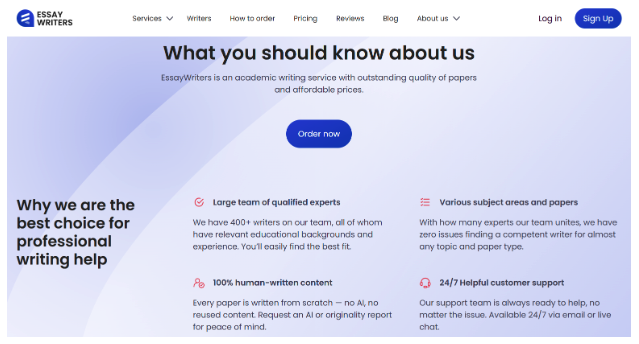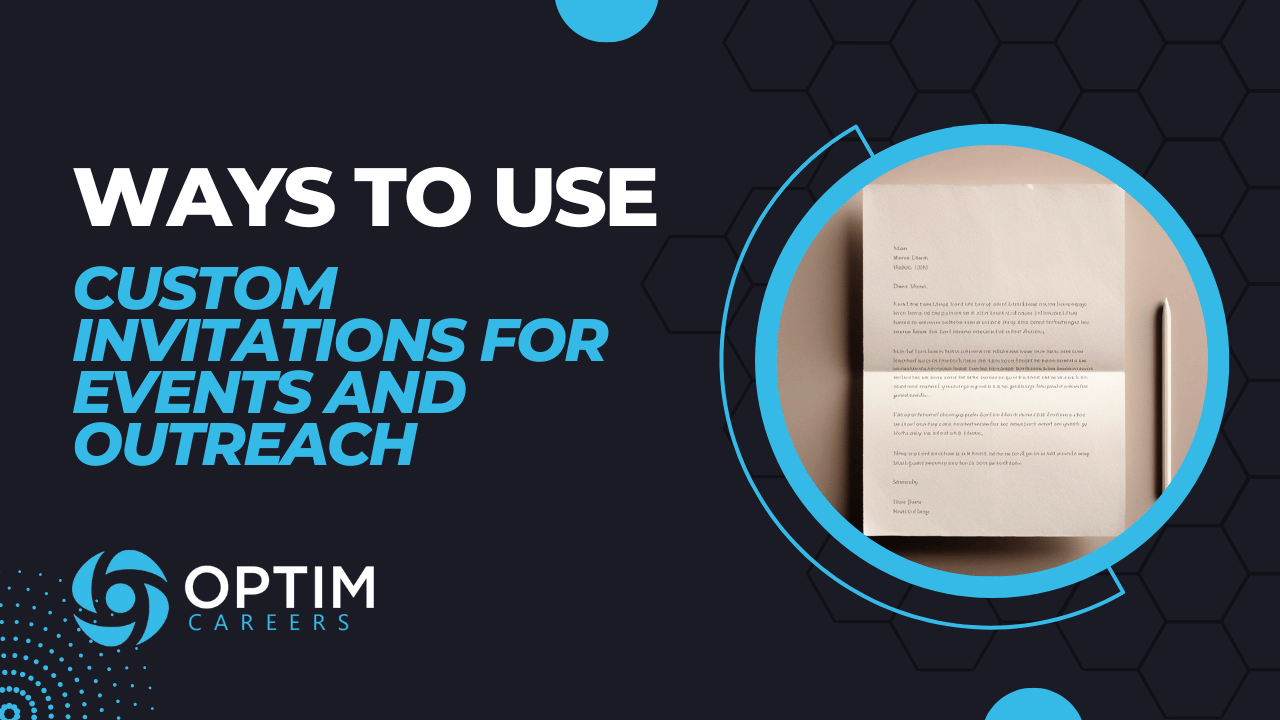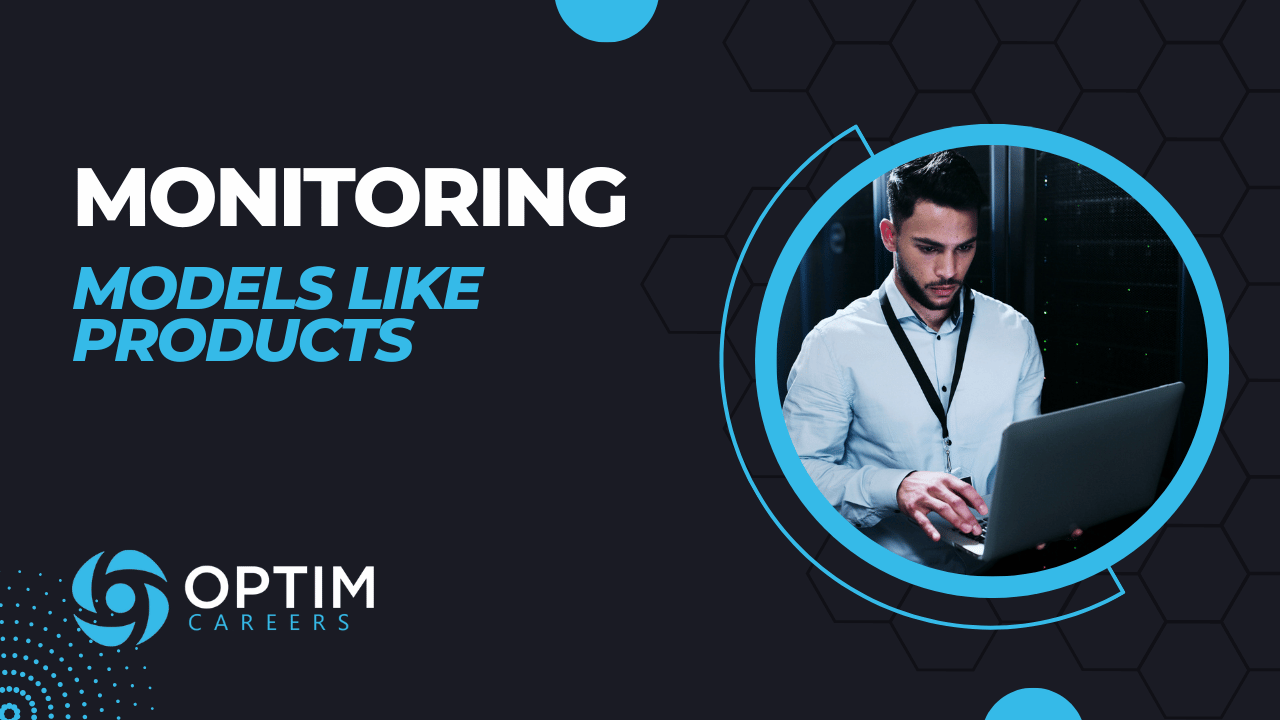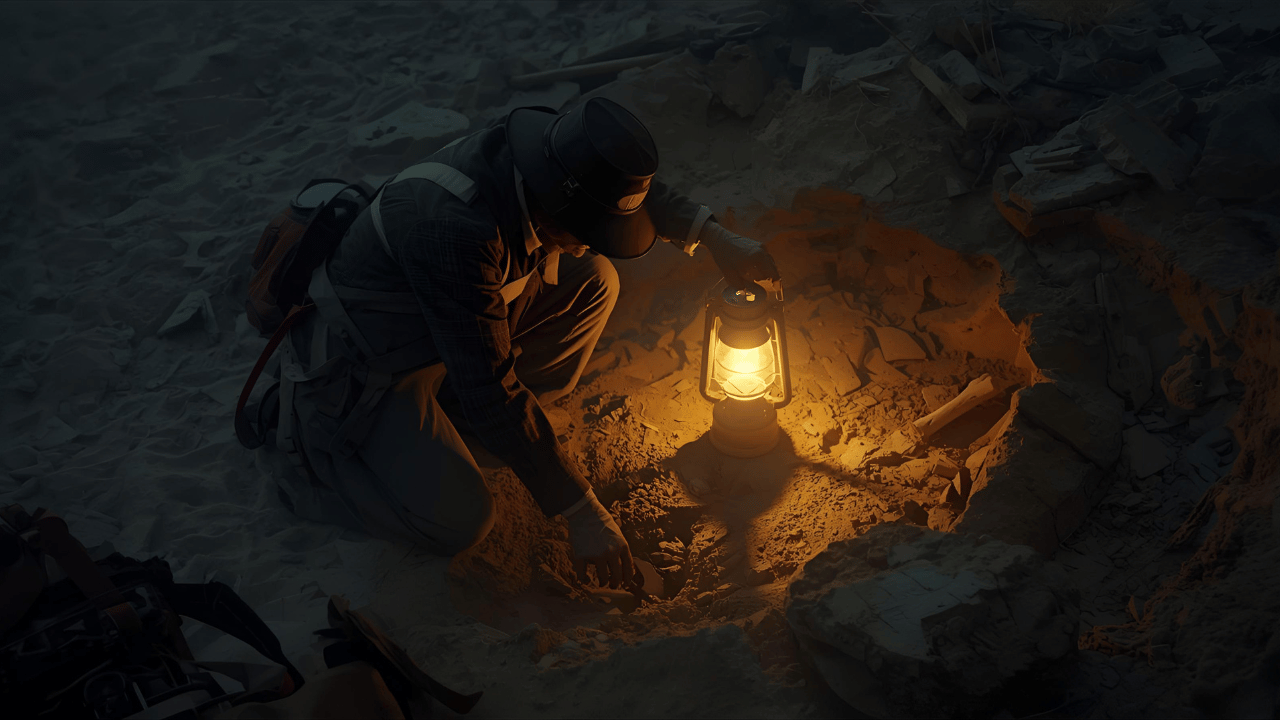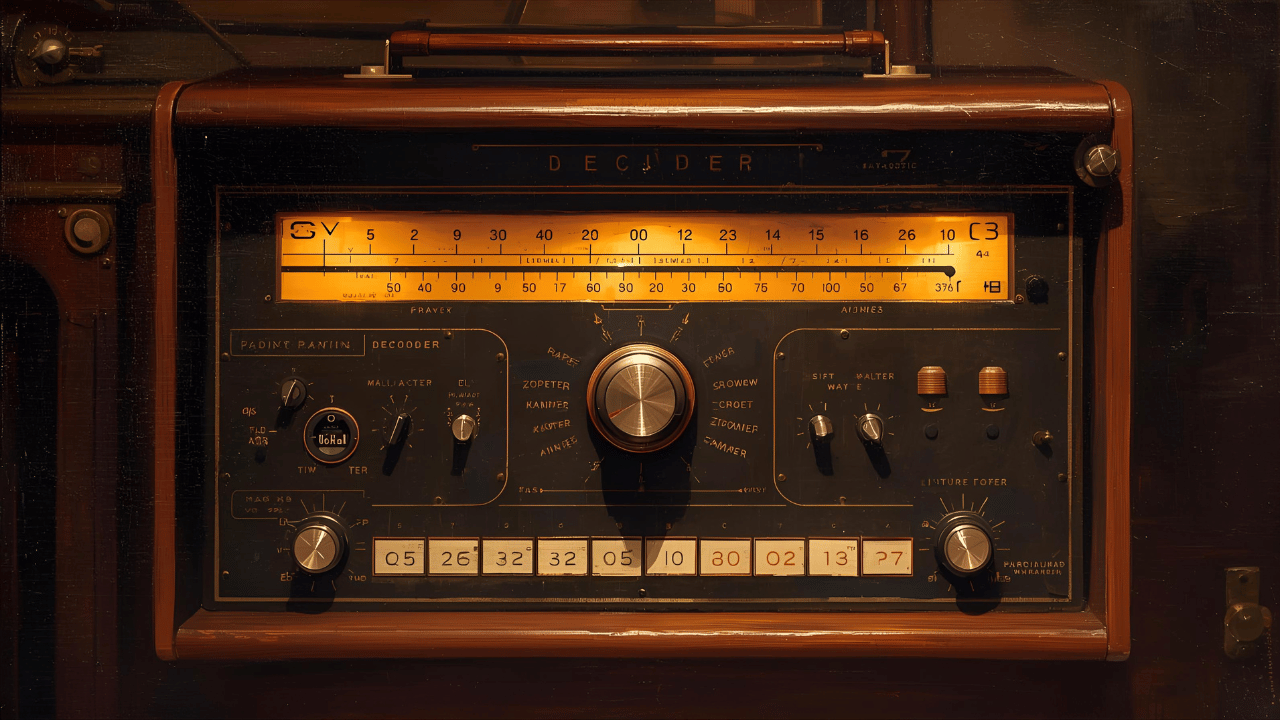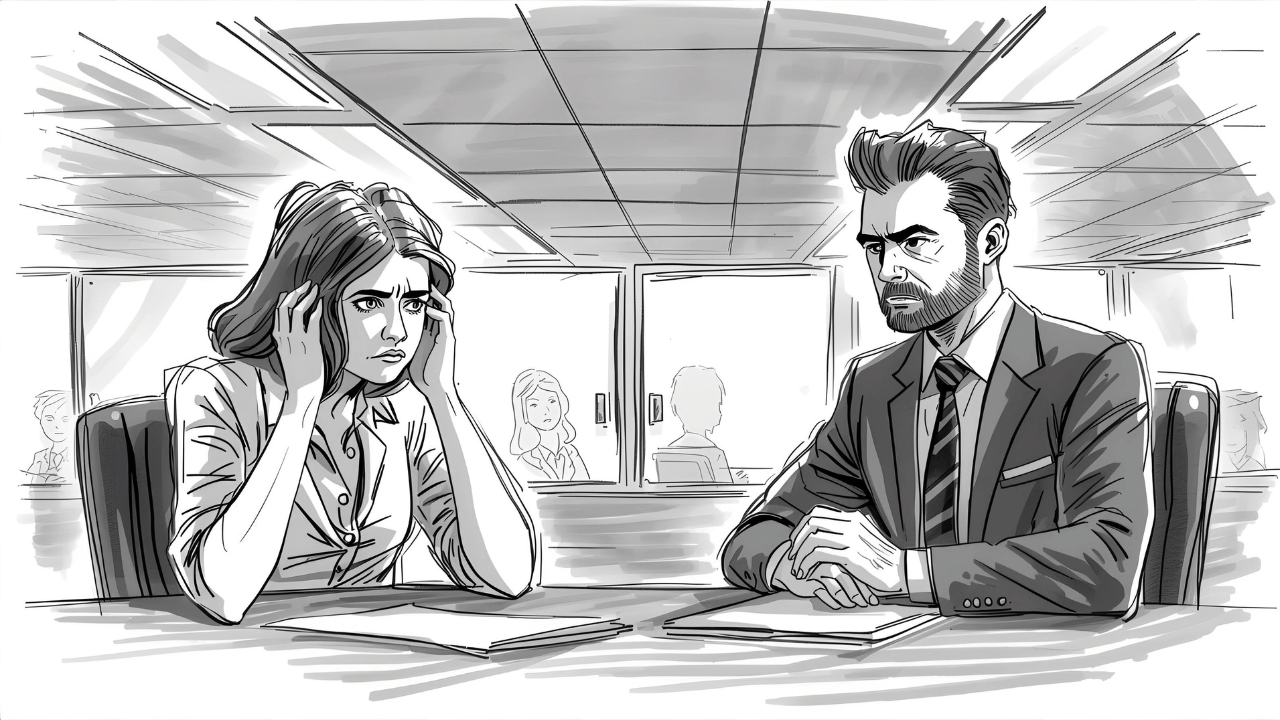How to Kill an Interview
Interviews are one of the most important parts of the job application process. It's the opportunity to showcase your skills, experience, and personality to a potential employer. However, interviews can be nerve-wracking and intimidating, leading to anxiety and stress. The key to killing an interview is preparation, confidence, and a positive attitude. In this article, we will discuss some tips and strategies to help you prepare and kill your next interview.
How to Prepare for Interview Questions
If you Google “Interview Questions,” you’ll find endless lists of questions along with many “experts” time-tested, proven, and semi-clever answers. Many of them will tell you to memorize all the possible questions and practice their canned answers. You’ll find things like:
Tell me about yourself.
Why did you leave your last job?
Why are you applying for this job?
What do you know about this company?
What did you do better than others?
What is your greatest weakness?
And we could go on, but we’ll spare you the PTSD from your last interview preparation. But when you take a deeper look at all these questions, you’ll realize that the purpose is not to get a particular answer. Rather it is to see how you go about answering the question. Do you make an immediate guess? Do you take a few minutes to stop and think before answering? Do you come up with anything creative? All of these questions give the hiring manager clues about how you would solve a real problem if they chose to hire you.
So that leaves you with a decision. How are you going to deal with all these questions before you go into an interview? We propose rather than trying to memorize all the interview questions and answers, you boil them down into a narrow set of questions, really think through those, and prepare answers to four questions that will capture all the possibilities.
Four Interview Questions You Should Prepare For
Assuming you’re interviewing with someone who has the power to hire you, these are the four questions you need to prepare for before the interview. Keep in mind that the interviewer may never ask these questions directly, but they will ask them in some way.
Why are you here?
Why are interviewing here instead of somewhere else? How much do you know about who they are and what they do? Don’t have selfish answers either - no one likes a selfish person. If you decide that you want to work with them, show your interest, focus on them and why you want to help them solve their problems. What challenges do you find thrilling? Don’t be afraid to throw in some flattery either. Everyone wants to feel good about the place they work and confirming this idea will never hurt your odds of getting the job offer. Talking about the company will go a long way.
What can you do for them?
If they hire you, will you help them with the tasks and challenges they face? How? What relevant experiences do you have to lean on? What results have you achieved for others? Prepare relevant stories and examples from your past that demonstrate your ability to help them with relevant problems they face. It’s critical to understand the job you are interviewing for intimately so you can be prepared to discuss the interviewer’s potential challenges and position yourself as someone who can help them resolve their problems.
The infamous question, “Tell us about yourself” - that’s this question.
What kind of person are you?
Will you fit in? Will you inspire others? Will you be a pleasure to work with or a pain? Will your personality mesh well with the team? Do you share the same values? There are no right or wrong answers to this question. You are you and you should be confident in that. However, oftentimes people get tripped up by using the wrong words that convey the wrong impression to the interviewer. It’s important to sit down and think about the type of person you are, the type of people you work with best, and the environment you want to work in next. Brainstorm situations you’ve been in before and how you’ve handled those. And bounce your ideas off other people to make sure your stories convey the right message.
The infamous question, “What is your greatest weakness?” - that’s this question.
How are you different from the others?
What about you will give them more value for their money? People who see themselves as an economic product on the open market always perform better in interviews. Why are you a profit center instead of another cost? What makes you unique, in a good way? Do you get more done in less time? Do you have a unique background that enables you to rally cross-functional teams to a mutual cause? Prepare examples and stories from your past that illustrate your uniqueness and claims.
Well-Thought Out Answers
You want your answers to be well-thought-out. Don’t rush preparing for the interview. You will want to rehearse your answers with an interview coach or someone skilled enough to pick up on subtle clues - like the hiring manager will. This is how you kill a job interview. Perfect practice and feedback will ensure you deliver your responses succinctly.
There are many techniques for delivering your interview responses. There’s the STAR Method, the CAR Method, and several others. Here’s a five-step formula that works for many of our interview coaching customers.
State your philosophy (what you believe about the topic).
Give an example of your philosophy in action.
Share the result of your example and why it mattered.
Confirm that you can do it again.
Toss the ball back with an intelligent question.
Related Article: How to Answer Any Interview Question
Get that job, nine ways to interview with confidence
Prepare thoroughly
The more prepared you are for the interview, the more confident you will feel. Before the interview, research the company, the job, the salary, and the hiring manager. Review your resume and make sure you can speak concisely about your experience in a relevant way to the interviewer. It also helps to practice with someone who can give constructive feedback.
Think of it as a conversation
An interview is a conversation between two people trying to figure out if they can help one another. If the purpose of a resume is to get a date, then the purpose of an interview is to find out if you want to get married. That may take a couple of interviews. View the interview like this. You aren’t taking a test. You don’t have to get all the answers “right.” You’re also not on trial. This is not an interrogation. This is why you don’t have to memorize a bunch of questions and answers. What you need to do is know yourself better, know how to ask questions that uncover what the employer needs and wants, and have a concise message that associates you as the answer to their problems.
Don’t try to impress the interviewer
Most people think to sell, sell, sell when they go into an interview. Don’t do this. Depending on your situation, you may not feel like you have much bargaining power. Maybe you need a job yesterday. But you have more power than you think. If you don’t believe us, just think about this phrase, “I quit.” It’s quite clear you have something to say about the subject. You can either decide if this is a place you want to work now or do it later - your choice. But don’t let the interview process rob you of your power.
Don’t assume, ask
We mentioned don’t start selling yourself right away. You need to ask intelligent questions in order to sell appropriately. If you don’t know why the position is open or what happens if the hiring manager doesn’t fill this position in the next two weeks, how will you know what to say? Every interview has two steps. First, gather information. No amount of prep will give you all the information you need. You will have to ask great questions. And then after you’ve decided that you can indeed help the interviewer meet their goals and that you want to work with them, then sell yourself appropriately.
Be concise
This goes back to preparing well but lose the adjectives and vague language. It comes across as lazy, insincere, or like you’re hiding something. And you’ll feel it too! Be specific about how you will do things, how you’ve done things in the past, and what your ideas are. Of course, this requires you to have well-thought-out answers, but if you prepare for depth rather than breadth (like we showed you earlier), this will be easier.
Related Article: Are You Making People Spend Too Many Brain Calories
Posture
Amy Cuddy has a Ted Talk that discusses posture in the animal kingdom and how it is associated with confidence and dominance. Now, we’re not saying go in with an attitude of dominating everyone during the interview, but posture can help you feel more confident because it affects chemicals in your brain. When we have good posture, we will feel more confident and others will see our confidence - literally.
Related Article: Interview Body Language [Why You’re Doing It Wrong]
Dress up your surroundings
If you’re interviewing virtually over video, being in an environment that makes you feel comfortable and looks professional can be a confidence move. You don’t have to spend $1,000 redecorating a home office to do it either. Clean up the area around you. This is for you. And then go to Canva and find an office background that looks great and set it for your virtual background. It may sound silly, but we all subconsciously pay attention to this. In one study of hiring remote workers, we found there was a huge preference given to those with virtual backgrounds. Our favorite was the coffee shop background.
Go for a jog
Study after study shows that exercise is a confidence booster. You may feel a bit sore after your first job or workout, especially if you don’t do it regularly, but you’ll feel good getting your body moving. On the morning of your interview, go for a short jog or lift some weights in your living room with Apple Fitness and you’ll see your confidence level through the day increase.
Aim to connect, not close
Don’t try to close the interview. Instead, be present and fully engaged with the intent of connecting with the other person in the interview room with you. Provide helpful answers for them, share ideas freely that may help them solve their challenges, and be interested in what they have to say. By focusing on connecting with your interviewer, you’ll find some of your interview nervousness and self-doubt disappears.
In Summary:
Instead of memorizing questions and answers, choose to boil it all down to four questions that you can prep for in-depth
Trace every interview question back to your four questions and use the well-thought-out answers template to respond
Use some of the simple, free tactics to improve your confidence




